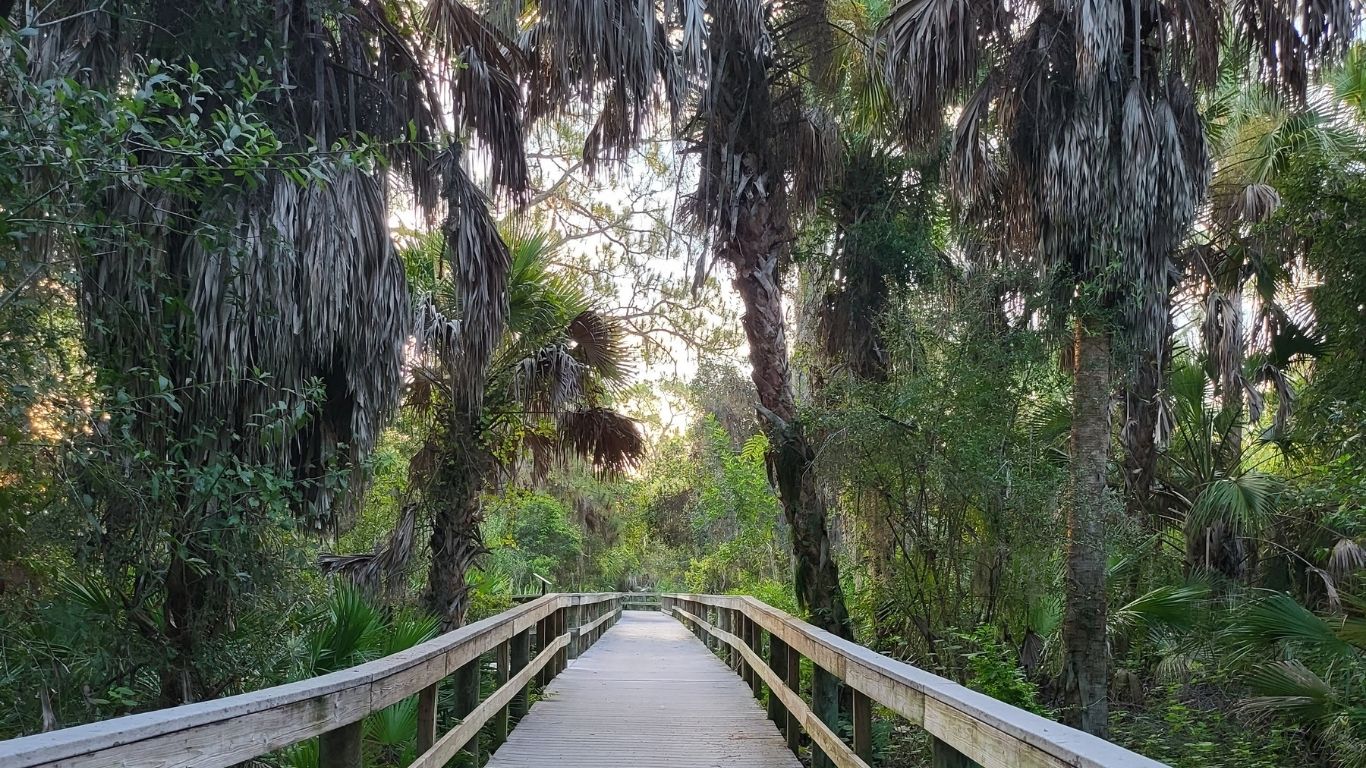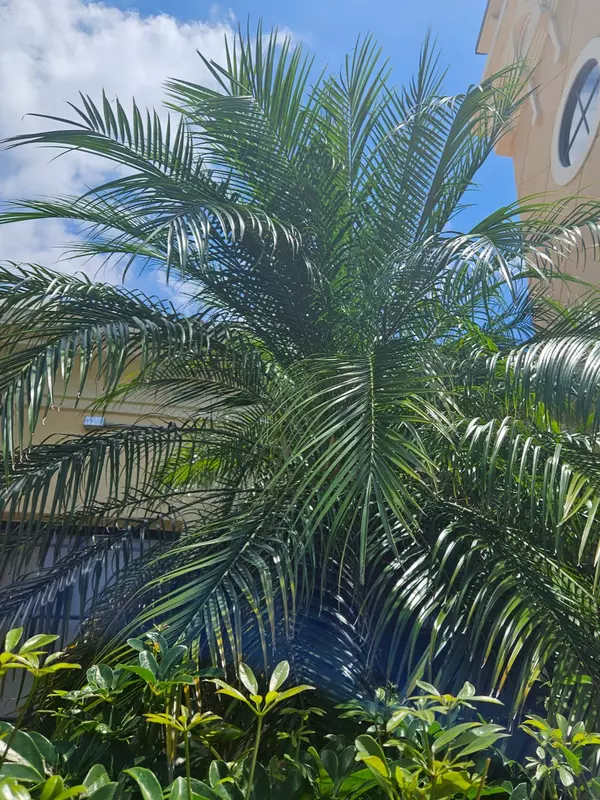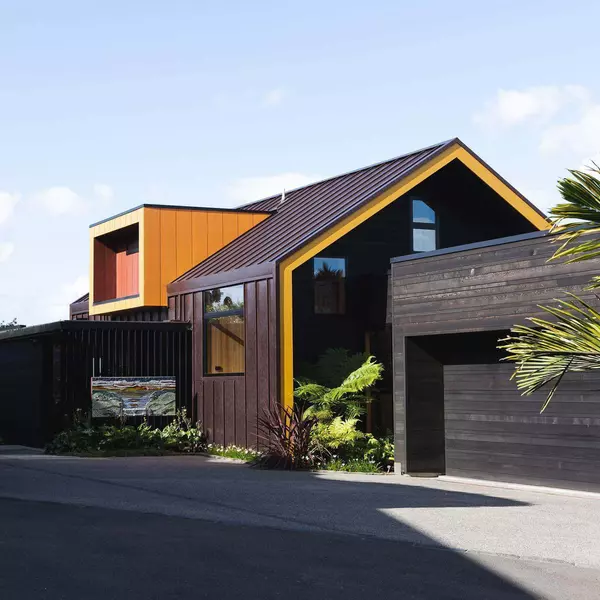Understanding CDDs in Venice, Florida: What You Need to Know


If you're considering buying a home or property in the beautiful city of Venice, Florida, you might come across the term "CDD." It's an important acronym to understand as it can significantly impact your finances and the way your community operates. So, let's break down what a CDD is and what it means for homeowners in Venice.
What Exactly is a CDD?
CDD stands for Community Development District. It's a special purpose governmental entity authorized under Florida law to plan, finance, construct, operate, and maintain community-wide infrastructure and services for the benefit of residents within its boundaries. Think of it as a way for developers to fund the upfront costs of creating a new community and then pass those costs on to the future homeowners over time.
What Infrastructure and Services Do CDDs Typically Provide?
CDDs can be responsible for a wide range of essential infrastructure and amenities, which can make a community very attractive. These often include:
- Roads and Streets: Construction and maintenance of roadways within the CDD.
- Water and Sewer Systems: Development and upkeep of potable water and wastewater infrastructure.
- Stormwater Management: Drainage systems, canals, and ponds to manage rainwater runoff.
- Parks and Recreation Facilities: Community pools, clubhouses, fitness centers, playgrounds, and sports fields.
- Landscaping and Irrigation: Maintenance of common areas, including lawns, trees, and irrigation systems.
- Security Services: Sometimes, CDDs may fund community security measures.
- Street Lighting: Installation and maintenance of streetlights.
How are CDDs Funded?
The primary way CDDs are funded is through assessments levied on the property owners within the district. These assessments typically have two components:
- Capital Assessments: These are used to pay for the initial construction and acquisition of the infrastructure and amenities. This cost is usually bonded, meaning the CDD issues bonds to finance the upfront expenses, and homeowners then pay off their share of the bond debt over a set period (often 20-30 years) as part of their property taxes. This portion is usually a fixed annual amount.
- Operation and Maintenance (O&M) Assessments: These cover the ongoing costs of operating and maintaining the infrastructure and services provided by the CDD. This amount can fluctuate from year to year depending on the actual expenses incurred.
What Does This Mean for Homeowners in Venice?
If you buy a property within a CDD in Venice, you will be responsible for paying these CDD assessments in addition to your regular property taxes, homeowner's insurance, and any HOA fees (if applicable). It's crucial to understand the following:
- Increased Monthly Costs: Your total monthly housing expenses will be higher due to the CDD assessment.
- Long-Term Obligation: The capital assessment is a long-term debt obligation that will be attached to the property until the bonds are paid off. This obligation transfers to new owners when the property is sold.
- Potential for Fluctuations: While the capital assessment is usually fixed, the O&M portion can change annually based on the CDD's budget.
- Benefits of a Well-Maintained Community: On the positive side, CDDs often ensure a high level of maintenance and well-developed amenities, which can contribute to a higher quality of life and potentially higher property values.
- Transparency and Governance: CDDs are governed by a board of supervisors, which is initially often appointed by the developer but transitions to elected residents over time. CDD meetings are typically public, offering transparency into their operations.
CDDs in Venice, FL:
Venice and the surrounding areas have seen significant development, and many newer communities are established as CDDs. This model allows for the creation of master-planned communities with attractive amenities without burdening the existing city or county tax base. When looking at properties in areas like Wellen Park, West Villages, or other newer developments around Venice, it's highly likely you'll encounter CDDs.
Before You Buy:
It is absolutely essential to do your due diligence and understand the specifics of the CDD associated with any property you are considering in Venice. Make sure to:
- Ask for detailed information about the CDD assessments: Understand the current capital and O&M amounts.
- Inquire about the remaining term of the capital assessment bonds.
- Review the CDD's budget and financial reports, if available.
- Attend a CDD board meeting to understand current issues and future plans.
- Consult with your real estate agent and attorney to fully understand the implications of purchasing a property within a CDD.
In Conclusion:
CDDs are a common feature in the development landscape of Venice, Florida. While they come with added costs in the form of assessments, they also often provide residents with well-maintained infrastructure and attractive amenities. By understanding what a CDD is and doing your research, you can make an informed decision about whether a property within a CDD aligns with your financial goals and lifestyle preferences in the beautiful city of Venice.
Categories
- All Blogs (50)
- Cost of Living in Venice, FL (2)
- Dog Friendly (1)
- Downtown Venice, FL (1)
- Golf in Venice, FL (1)
- Healthcare in Venice, FL (1)
- Job Opportunities in Venice, FL (1)
- Legal Considerations (5)
- Move to Venice, FL (17)
- Nearby Areas & Comparison Guides (7)
- Neighborhoods in Venice, FL (13)
- Property Taxes in Venice, FL (1)
- Relocation Questions & Miscellaneous Topics (2)
- Retire in Venice, FL (4)
- Schools in Venice, FL (1)
- Things to do in Venice, FL (7)
Recent Posts











